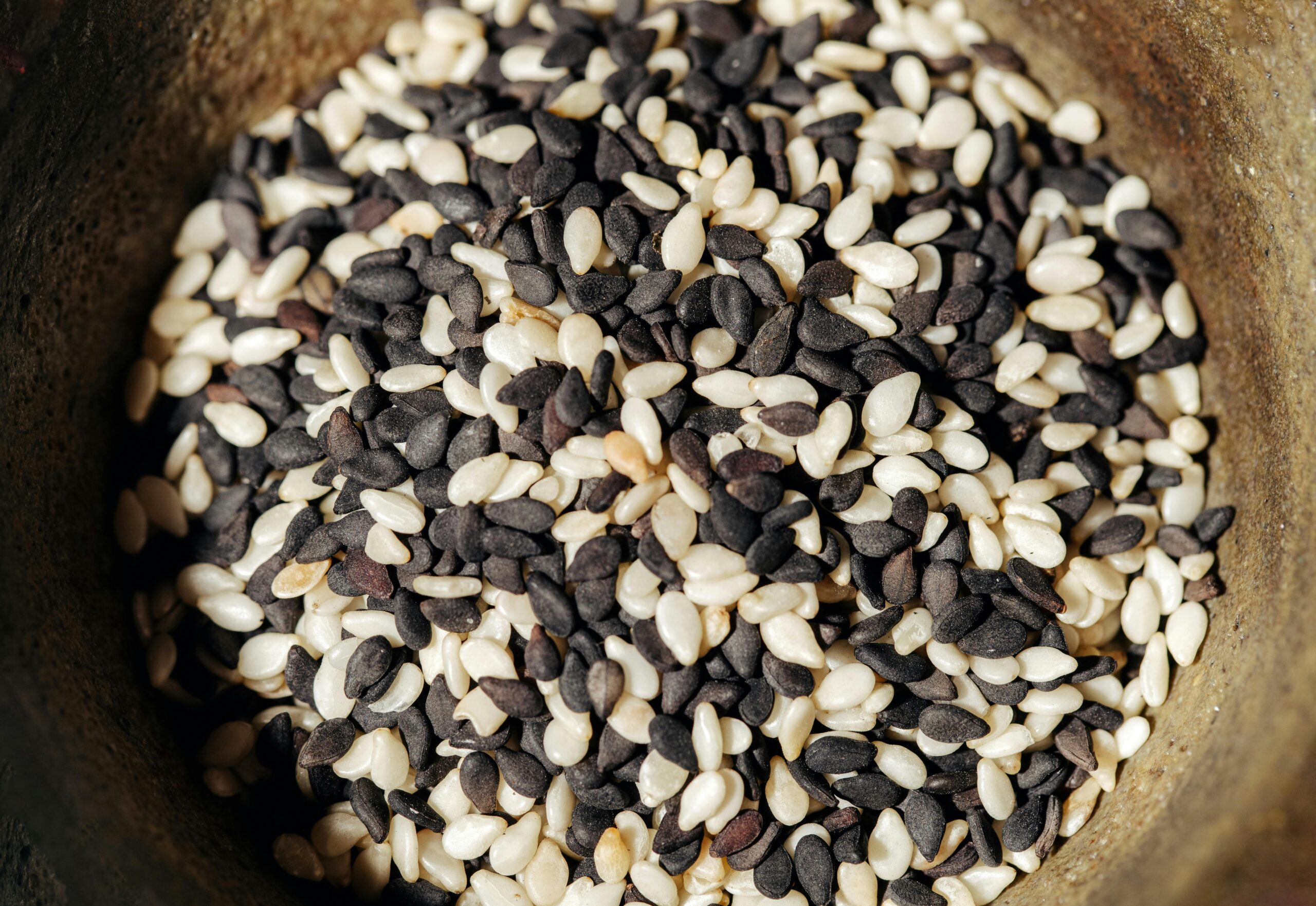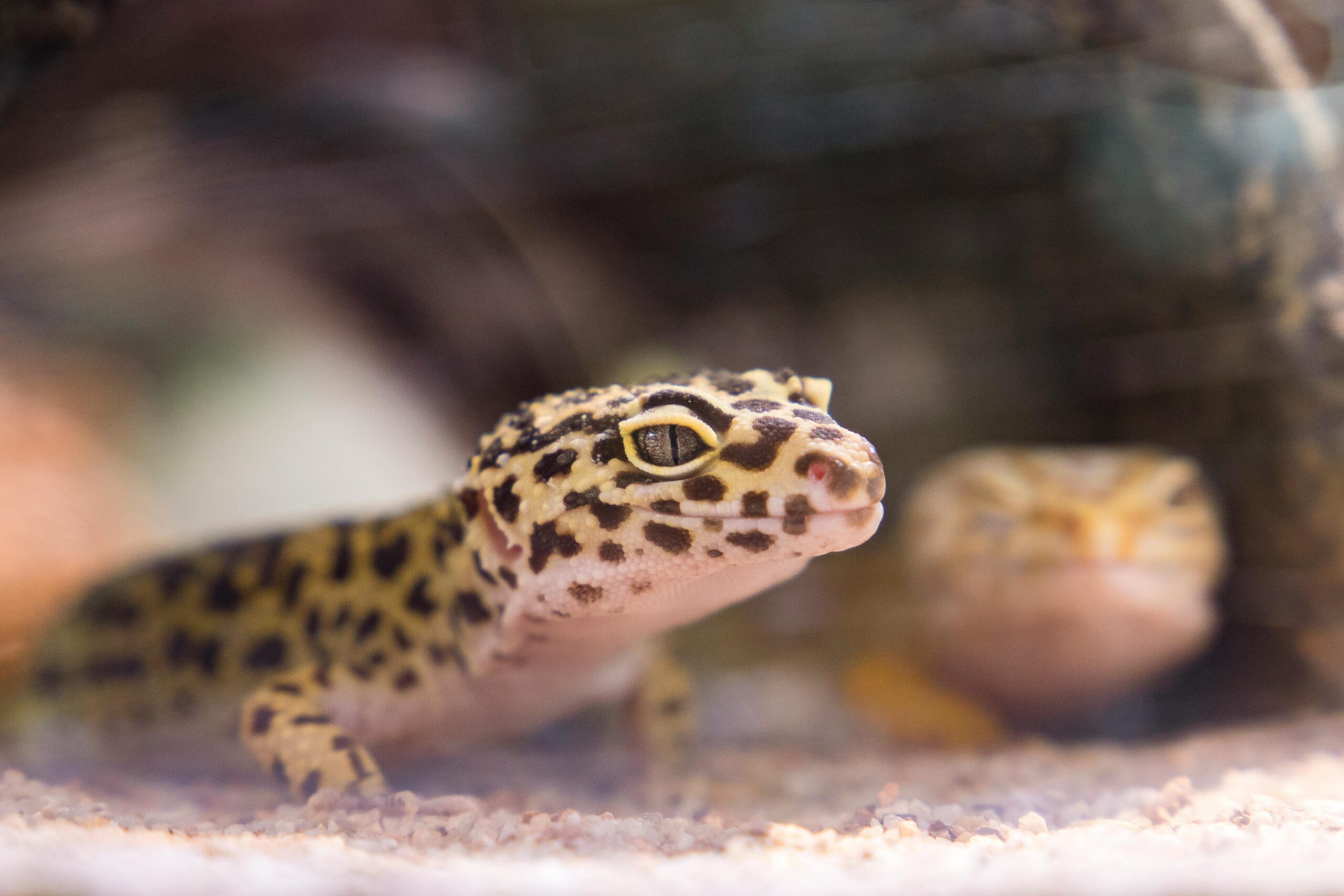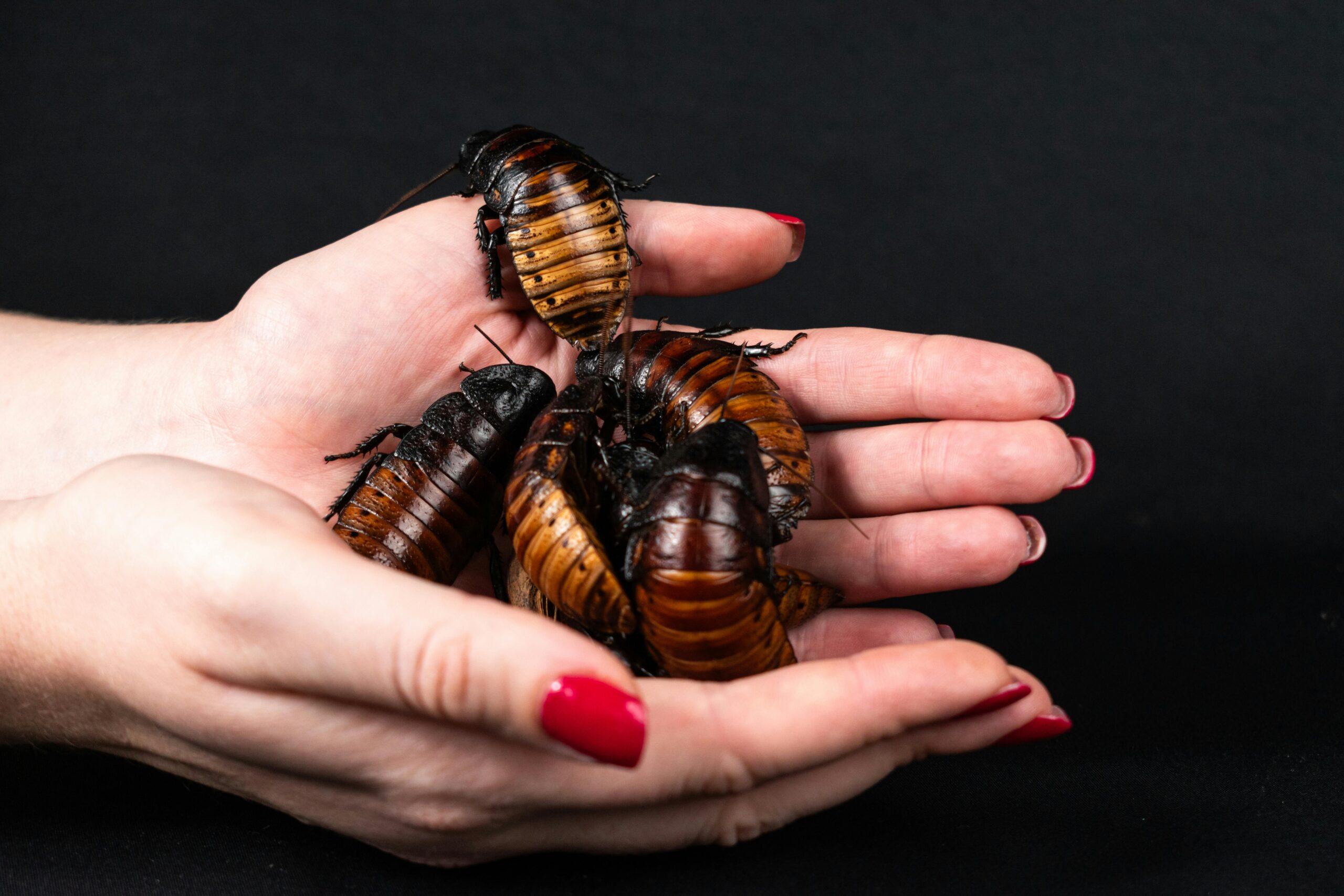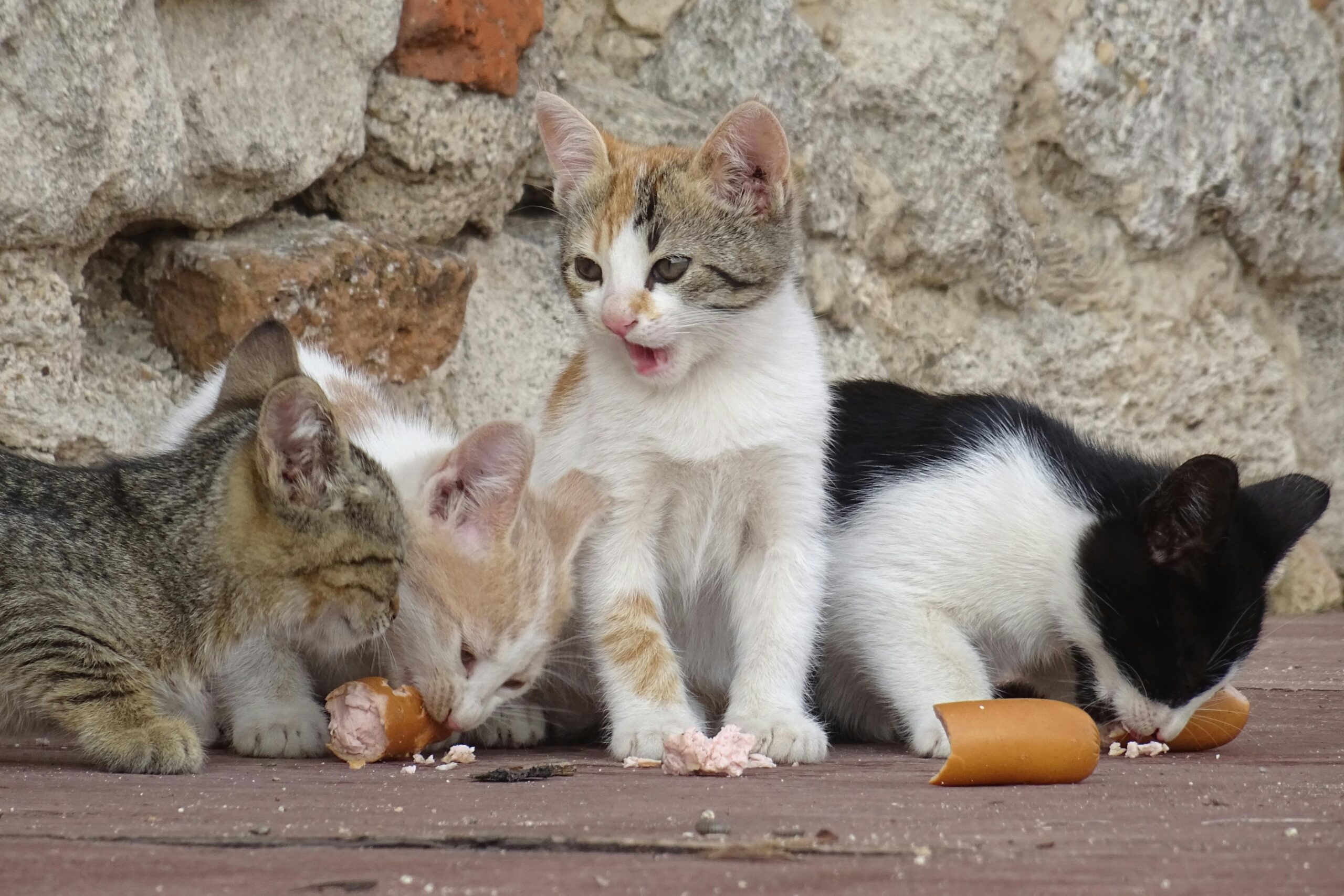Even if looking after exotic pets can be exciting and enjoyable, there are important challenges, specifically in terms of their diet. Many exotic pet species have particular nutritional needs that are very different from those of typical pets, like cats and dogs. These requirements are entirely reliant on an understanding that is significant for the health and wellbeing of these animals. This handbook addresses the particular dietary requirements of a range of exotic pets and provides information on how owners can successfully address these needs.
Any animal categorized as an exotic pet contains lizards and snakes, each of which has assigned dietary needs linked to their natural habitats, transformations from evolution, and what they consume. Here are some common categories of exotic pets and their unique dietary requirements:
Reptiles:
Herbivorous Reptiles:
Members of the species iguanas need a diet that is high in leafy greens, vegetables, and select fruits. To maintain bone health, they need an equilibrium of calcium and phosphorus, commonly boosted with calcium powder.
Carnivorous Reptiles:
Some snakes and lizards, for example monitors, prosper on a diet of intact prey, including mice or rats. As for these animals, they need a diet with a lot of protein and fat, along with a range of species that also call for whole prey with either feathers or fur for digestive support.
Omnivorous Reptiles:
Species that include red-eared sliders and many others depend on having dietary diversity, which features plants as well as animal protein, such as insects or fish.
Birds:
Seed-Eating Birds:
lots of species such as canaries and finches survive mainly on seeds. Still, seeds are incomplete with respect to nutrition, so owners should add fresh produce and quality pellets to their pets’ diets.
Parrots:
Along with Macaws, the African Greys and additional members of their species need a diet rich in fruits, vegetables, nuts, and seeds in addition to specially formulated pellets to achieve the vitamins and minerals they require effectively.
Small Mammals:
Rabbits and Guinea Pigs:
For these herbivore’s diet, having hay, fresh veggies, and minimum pellets is critically important. Healthy digestion and the decrease of obesity depend crucially on their diets having sufficient fiber.
Ferrets: Certainly, as with all obligate carnivores, the diet for ferrets must consist of a high amount of protein and include either raw or cooked meats, as well as pellets. Owners should steer clear of administering high-carb foods, because it can lead to health complications.
Amphibians:
Frogs and Salamanders:
There are numerous amphibians that do well on insects in their diet, where crickets, mealworms, and fruit flies all qualify, all of which are living creatures. Specific supplements, including calcium and vitamins, are needed for the health of some species.
Fulfilling the Food Needs of Pets That Are Not Usual
Those caring for exotic pets need to implement methods that reflect their special dietary needs in order to help them. Here are various methods to effectively meet these needs:
1. Research and Education
The first action you should take in offering proper care is to understand your exotic pet’s nutritional needs. This includes:
Species-Specific Diet:
Investigate the wild eating habits of the animals you care for, including what they eat in the wild. Rewarded websites, books, and exchanges with veterinarians or those knowledgeable in the subject can offer you significant data.
Nutritional Guidelines:
Consult materials delivering species-relevant nutritional advice, including the necessary amounts of proteins, fats, vitamins, and minerals your animal requires.
2. Quality Nutrition Sources
Once you have a clear understanding of your pet’s dietary needs, sourcing high-quality food becomes essential:
Commercial Diets: A range of exotic pets thrives on diets composed specifically for their species by commercial manufacturers. Often containing the right mix of nutrients, these diets may present themselves as pellets, flakes, or as full meals.
Fresh Produce: It’s important that herbivorous pets consume a blend of fresh vegetables and fruits. Be sure to eliminate pesticides and chemicals from your produce, then rinse it extensively prior to offering it to your pet.
Live Food: Both pet stores and breeders offer insects, rodents, and fish. Confim that the food you serve live is rich in nutrients and is correct for the size of your pet.
3. Supplementation
While a balanced diet is critical, some exotic pets may require additional supplements to ensure they receive adequate nutrition:
Calcium and Vitamin D3: In order to avoid metabolic bone disease, herbivorous reptiles may need to receive calcium supplements. Producing vitamin D3 from reptiles is something that requires UVB light; the vitamin helps with calcium absorption.
Multivitamins: When small mammals and birds have a diet that is missing nutrients, multivitamin supplements may provide them with extra benefits. It’s critical to get advice from a veterinarian about the right types and dosages.
4. Meal Preparation
Preparing meals for exotic pets can be time-consuming but is vital for their health:
Freshness: Fresh ingredients should always be a part of your meal preparation. Store items that perish correctly and remove any leftover food so as to stop spoilage.
Variety: To increase enthusiasm and promote a balanced diet, you should supply several foods. As a rule, rotating numerous vegetables and fruits will ensure you receive various nutrients.
Cooking Methods: Because they rely on prepared food, small mammals that depend on it should utilize fundamental methods like steaming and boiling and stay away from salt, spices, and oils.
5. Hydration
Providing fresh, clean water is vital for the health of all exotic pets:
Water Availability: Provide your pet with fresh water access all the time. In order to curb bacterial growth, some species may need their water changed daily.
Hydration Methods: The type of species you may have will determine whether you need bowls, bottles, or misting for water, in addition to certain reptiles and amphibians that absorb moisture through their skin.
6. Tracking Health and Behavioral Dynamics
Regularly monitoring your pet’s health and behavior can provide insights into whether their dietary needs are being met:
Weight Management: Notice your pet’s weight, because sudden changes might suggest problems with their diet. Modify the portions according to need to stop obesity or malnutrition from occurring.
Behavioral Signs: Pay attention to signals associated with hunger, weariness, or adjustments in your energy level. They may reveal either dietary deficiencies or existing health issues.
Veterinary Check-Ups: Aiming for the health of your pet requires you to take regular visits to the veterinarian. Your veterinarian has the ability to recommend a diet tailored to your pet’s particular needs.






3 Comments
[…] bites are the means through which a parasite causes medication for heartworm disease. Once they have broken into the host, the larvae mature into adult worms found in the heart […]
[…] the Lacey Act, it is allowable to limit or totally bar the importation and movement of certain exotic animals […]
[…] to eat. The feeling of hunger is particularly intense because the body must maintain a balanced energy supply to support essential […]